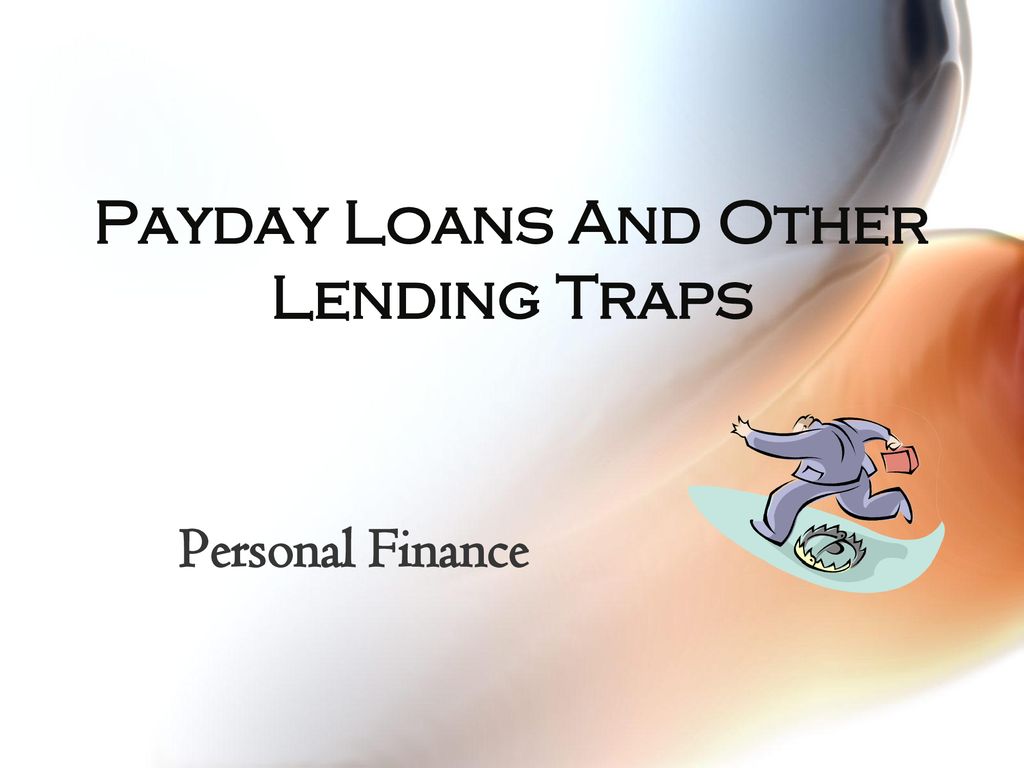 Debt settlement is a financial strategy that aims to help individuals who are struggling with overwhelming debt. It involves negotiating with creditors to settle the outstanding balance for less than the full amount owed. This article delves into the intricacies of debt settlement, providing an overview of how it works, its pros and cons, and factors to consider. Additionally, alternatives to debt settlement, such as debt management plans and bankruptcy, will be explored. Whether you are contemplating debt settlement or seeking alternatives, this comprehensive guide will equip you with the knowledge to make informed decisions and potentially regain control of your financial situation.
Debt settlement is a financial strategy that aims to help individuals who are struggling with overwhelming debt. It involves negotiating with creditors to settle the outstanding balance for less than the full amount owed. This article delves into the intricacies of debt settlement, providing an overview of how it works, its pros and cons, and factors to consider. Additionally, alternatives to debt settlement, such as debt management plans and bankruptcy, will be explored. Whether you are contemplating debt settlement or seeking alternatives, this comprehensive guide will equip you with the knowledge to make informed decisions and potentially regain control of your financial situation.
What is Debt Settlement?
Debt settlement is like that magical unicorn that promises to make your debt disappear with the wave of a wand. Well, not exactly. It’s more like a negotiation process where you and your creditor agree on a reduced amount to settle your debt. It’s like haggling at a flea market, but with higher stakes and less excitement.
The Purpose of Debt Settlement
The purpose of debt settlement is pretty straightforward: to get out of debt without paying the full amount you owe. It’s a way to avoid bankruptcy and make your creditors feel a little less like the big bad wolf. It’s a win-win situation, sort of.
How Does Debt Settlement Work?
Negotiating with Creditors
Imagine sitting at a table with your creditor, sipping coffee, and engaging in some polite conversation while discussing how much of your debt you can actually afford to pay. Sounds like a dream, right? Well, in debt settlement, this is a reality. You’ll negotiate with your creditor to come to an agreement on a reduced amount that you can manage to pay.
The Role of a Debt Settlement Company
If you’re not up for playing debt negotiator extraordinaire, you can hire a debt settlement company to do the dirty work for you. These companies are like the superheroes of the debt world (well, maybe more like sidekicks). They’ll handle the negotiations, help you come up with a payment plan, and provide moral support when the debt stress starts getting to you.
Payment Plans and Settlement Offers
Once the negotiations are done, it’s time to get down to business. You’ll work out a payment plan with your creditor or debt settlement company to pay off the agreed-upon reduced amount. This can be done in one lump sum or through installment payments over a period of time. Just remember to budget for celebratory ice cream after each payment.
Pros and Cons of Debt Settlement
Advantages of Debt Settlement
The biggest advantage of debt settlement is obvious: you get to pay less than what you owe. It’s like getting a discount on your debt, and who doesn’t love a good bargain? Plus, you can avoid the dreaded “B” word (bankruptcy) and still emerge from the debt spiral with your credit score somewhat intact.
Disadvantages of Debt Settlement
On the flip side, debt settlement isn’t all sunshine and rainbows. For one, it can take a toll on your credit score, so forget about that fancy new car for a while. It’s also not a guaranteed process, and your creditor might not be too keen on settling for less. And did I mention the fees? Debt settlement companies often charge a pretty penny for their services, so be prepared to shell out some cash.
Evaluating the Effectiveness of Debt Settlement
Success Rates and Statistics
Ah, the burning question: does debt settlement actually work? Well, it depends on who you ask. Some studies suggest that the success rate of debt settlement can be as low as 10%, while others claim it can be as high as 50%. It’s like playing Russian roulette with your debt. Exciting, right?
Real-Life Examples
To put things into perspective, let’s dive into some real-life examples. Sarah managed to settle her $20,000 credit card debt for just $10,000, saving herself a sweet $10,000 in the process. On the other hand, John tried debt settlement and ended up with nothing but a lower credit score and a lingering feeling of disappointment. It’s a risky game, my friend.
So, there you have it. Debt settlement can be a lifeline for some and a risky gamble for others. Just remember to weigh the pros and cons, crunch the numbers, and maybe even consult a financial advisor before diving headfirst into the debt settlement pool. And don’t forget that celebratory ice cream. You deserve it.




